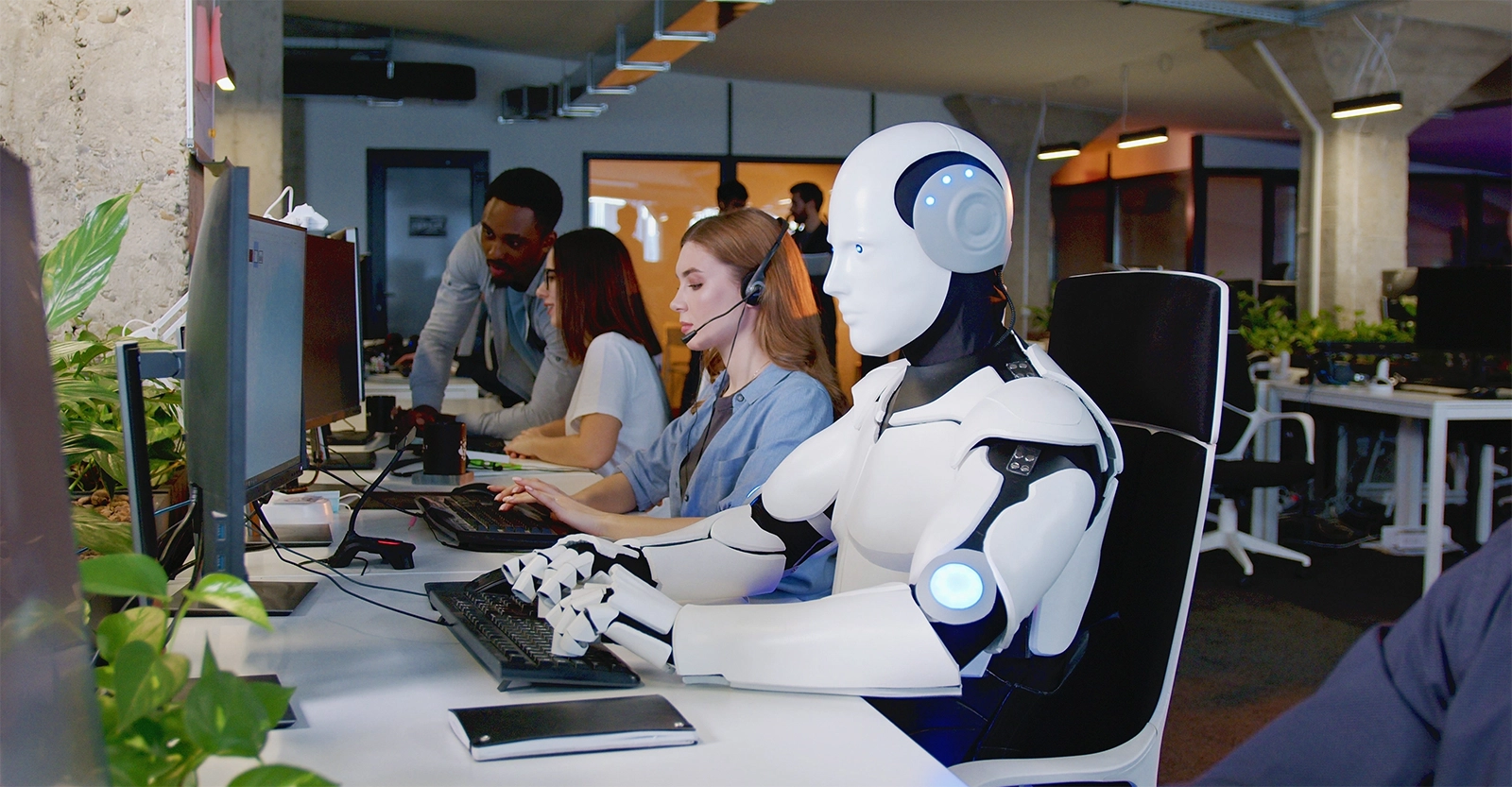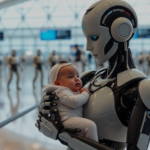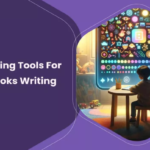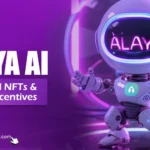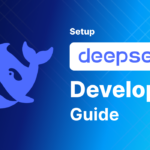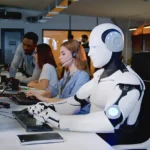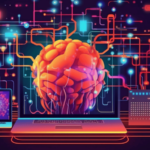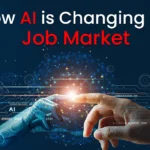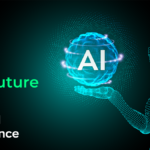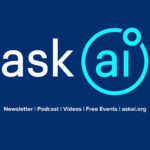Artificial intelligence (AI) has revolutionized various industries, altering how businesses operate and reshaping the job market. With rapid technological advancements, AI continues to impact employment trends, creating opportunities while rendering certain roles obsolete. In this article, we explore the profound effects of AI on the workforce, highlighting its challenges and potential.
Understanding AI’s Role in Automation
AI-driven automation has streamlined numerous processes, significantly improving efficiency. From manufacturing to customer service, automation replaces repetitive and manual tasks. Robots, algorithms, and machine learning models excel at tasks requiring precision, speed, and consistency. However, this progress raises concerns about job displacement.
Industries Most Affected by Automation
- Manufacturing and Production: Automated machinery performs tasks like assembly, welding, and packaging. Companies benefit from reduced costs and improved production rates, but many manufacturing jobs face elimination.
- Retail and e-commerce: AI-powered chatbots and self-checkout systems replace traditional retail roles, minimizing the need for cashiers and customer service representatives.
- Transportation: Autonomous vehicles, such as self-driving trucks, threaten the trucking and delivery industries by potentially reducing the demand for human drivers.
AI’s Contribution to Job Creation
While automation may displace certain jobs, AI has created roles that never existed before. The demand for specialized skills in technology and data analytics continues to grow. AI-driven innovation has given rise to opportunities in:
- Data Science and Machine Learning: As organizations increasingly rely on data-driven decision-making, data scientists and AI specialists play a critical role in developing and maintaining models.
- AI Ethics and Compliance: Ethical considerations surrounding AI implementation have led to roles focused on ensuring fairness, transparency, and regulatory compliance.
- Robotics Engineering: Engineers skilled in designing and maintaining AI-driven robotics are in high demand.
Reskilling and Upskilling: Adapting to AI’s Impact

To mitigate the risks of unemployment, governments, educational institutions, and businesses must emphasize reskilling and upskilling. Investing in workforce training can help employees transition into new roles created by AI advancements.
Key Skills for the AI-Driven Economy
- Technical Proficiency: Programming languages like Python, R, and TensorFlow are essential for AI and machine learning roles.
- Critical Thinking: The ability to analyze data and make strategic decisions remains invaluable.
- Creative Problem Solving: Jobs requiring creativity and innovation are less susceptible to automation.
- Soft Skills: Emotional intelligence, adaptability, and communication skills continue to hold importance in roles that rely on human interaction.
The Ethical Implications of AI on Employment
AI implementation raises ethical questions regarding fairness and inclusivity. Companies must consider the societal impact of their AI solutions, ensuring that automation does not disproportionately affect certain demographics. Diversity in AI development teams can help create equitable technologies.
Bridging the AI Skills Gap
https://oilmanjobs.orgTo prevent workforce polarization, accessible education and training programs are crucial. Governments and organizations should collaborate to provide affordable, high-quality learning opportunities in AI-related fields. This approach will ensure that individuals from various backgrounds can participate in the AI-driven economy.
Future Trends in AI and Employment

The interplay between AI and employment continues to evolve, shaping the workforce of tomorrow. Key trends include:
- Hybrid Work Environments: AI tools like virtual assistants and project management software facilitate remote and hybrid work models.
- Increased Focus on Sustainability: AI applications in renewable energy and environmental management create jobs aimed at combating climate change.
- Personalized Learning Experiences: AI-driven educational platforms offer tailored learning paths, enabling professionals to acquire new skills efficiently.
Conclusion
The impact of AI on the job market is multifaceted, presenting both opportunities and challenges. While automation threatens traditional roles, it also drives innovation and creates demand for specialized skills. By prioritizing education, reskilling, and ethical AI implementation, we can ensure a balanced and inclusive future workforce.
